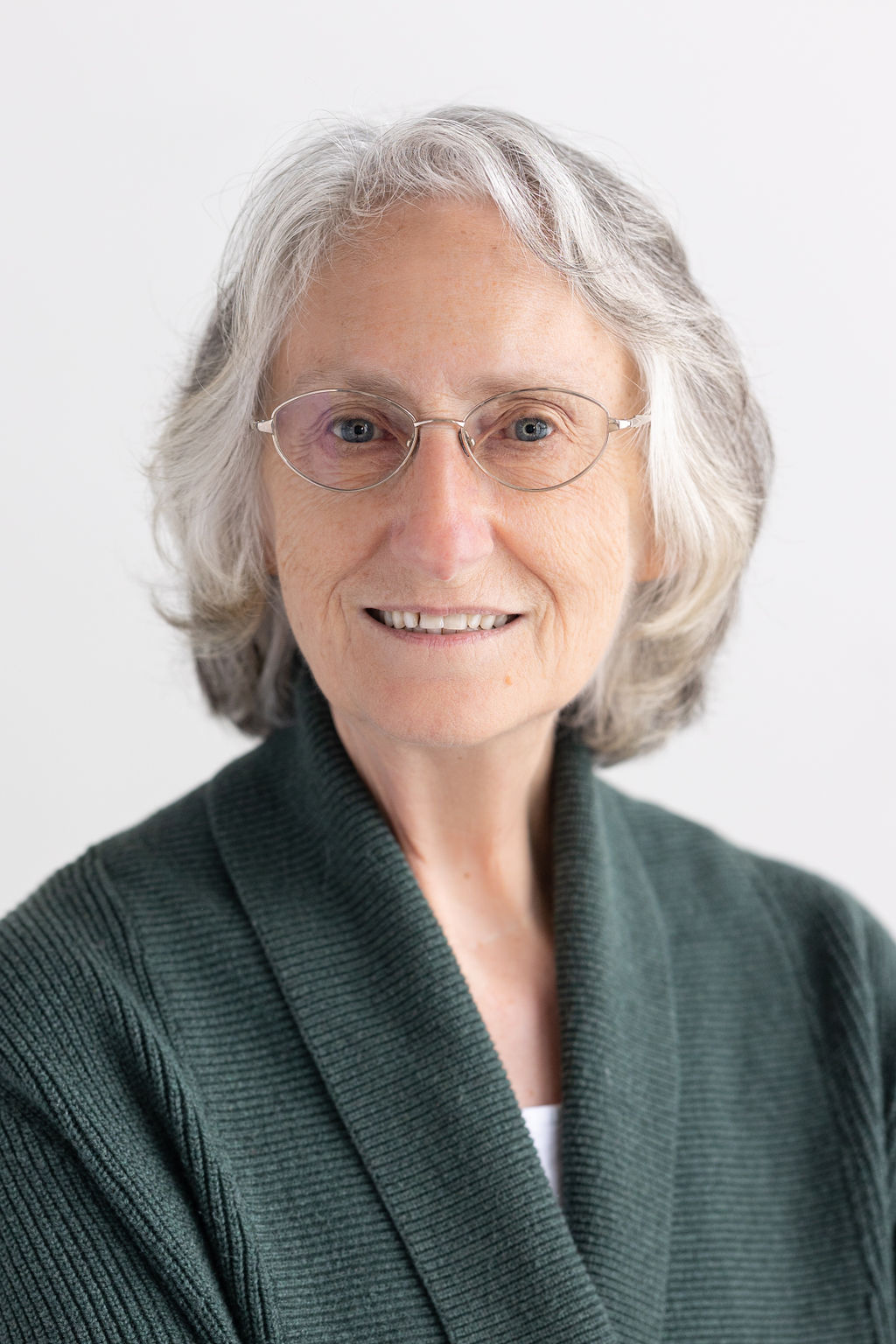
Yesterday, I read an article in Scientific American: “Humans are Doomed to Go Extinct.” Written by Henry Gee, a paleontologist, evolutionary biologist and editor at “Nature,” and writer of multiple books, he claims to take “the long view.” He notes that because Homo sapiens has come close to extinction in the past, we aren’t very diverse genetically, which doesn’t augur well for survival. Additionally, the quality of human sperm has declined, no one quite knows why — pollution, stress, living in too close proximity with each other are given as factors. He also references “extinction debt,” the cause of which is usually a delayed reaction to habitat loss, a process in which we are currently engaged (no future there, except to worsen). He concludes that the human population is set for collapse and he predicts soon.
All of this sounds very scary until I remember that my personal predicted future is just that — extinction. I’m 73 as I write this piece and I predict that I won’t be around in 2050 (offering a conservative estimate). If I am, I’ll be 102 and won’t know I’m still around.
So why am I scared by this article? Probably because I have a son and a grandson and they will be around in 2050. At least, I hope so. My son, now 43, will be 72 and my grandson, now 5, will be 34 and in the high point of his life. And perhaps he’ll have a child, who’ll be in single digits and facing a grim future, unless my grandson decides he’s not going to have a child at all, which many today are deciding.
So why do I still have aspirations? Why do I sit at my computer pondering the imponderable and trying to articulate that on the page? I suspect one answer is simply survival, that humans are wired to set aside the inevitable end in order to have a functioning life with a measure of contentment in it. Otherwise, the depression and suicide rates would skyrocket. Yet, most of us cling to life even when we have little left, even when we’re in pain, even when there’s not much point. My father spent eighteen years suffering on his long road to death, but he fought to the end. One reason might have been the fact that my mother was still alive. Certainly, after he died, she stopped fighting her own illness and was gone within a year of my father’s death, a circumstance that isn’t unusual. My father-in-law fought, too, and his reason was definitely a worry about leaving his wife alone. He worried for her emotionally and financially. My mother-in-law lived another eighteen years, but she told my son, who was thirteen at the time, that she wouldn’t live to see her eighty-eighth birthday. She was right. When she understood she couldn’t live alone in her home anymore, I swear she willed herself off the planet, dying ten days before her eighty-eighth birthday.
All these predictions ultimately come to pass. And if they’re wrong, they’ll be right some day. Our planet circles a particular star we call the sun. Scientists estimate that the Sun will explode in 5 to 7 billion years and predict that it will first expand in size and use up all the hydrogen present at its core, and then eventually shrink down and become a dying star.
Each of us is a dying star, but we can burn brightly until then.
